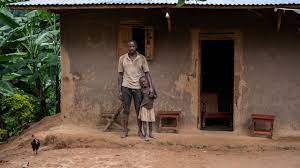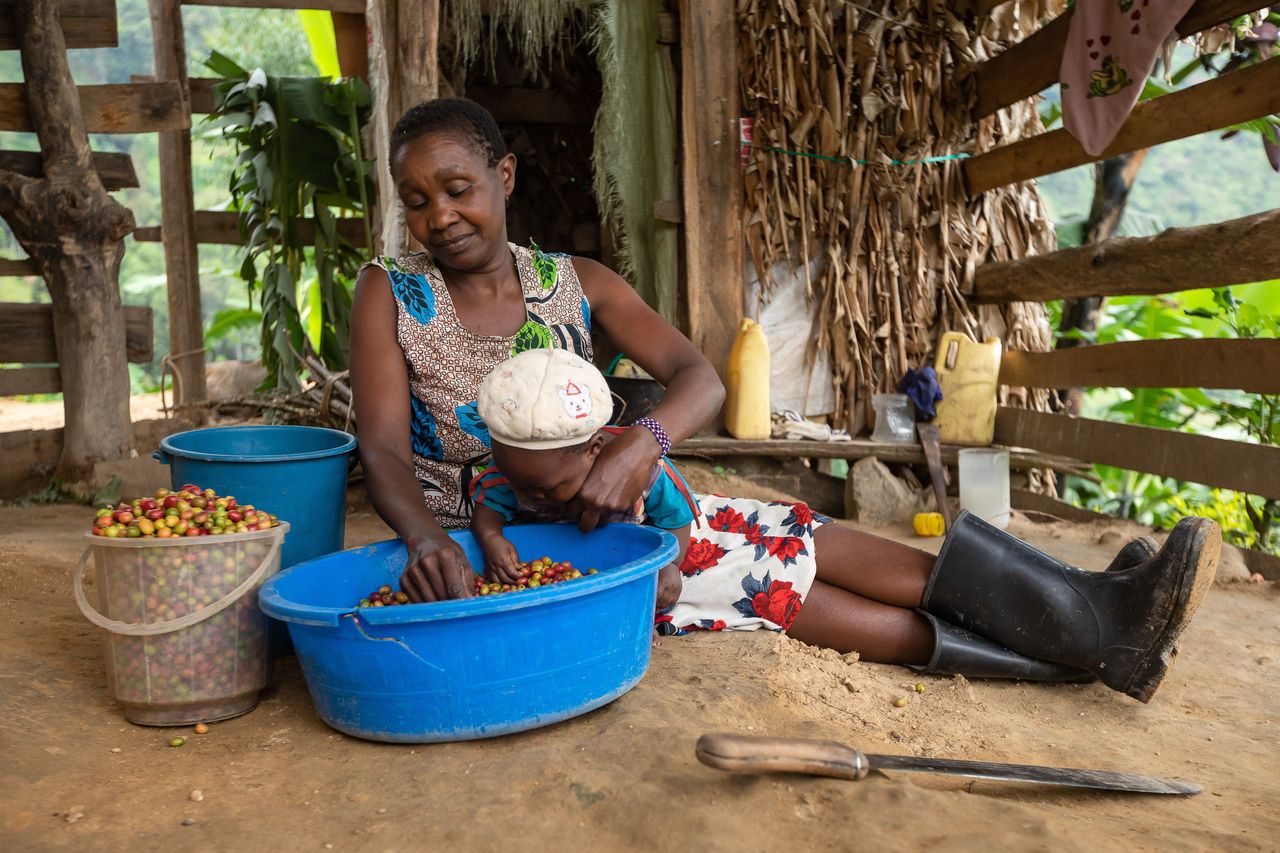
Developing nations like Uganda, where more rain is causing deadly landslides, will press rich nations at international climate talks for more mitigation and adaptation funding.
In essence, adaptation can be understood as the process of adjusting to the current and future effects of climate change. Erecting buildings and infrastructure that is safer and more sustainable. Replanting forests and restoring damaged ecosystems. Diversifying crops so that they are better able to adapt to changing climates. Investigating and developing innovative solutions to prevent and manage natural catastrophes.
Uganda, BUDUDA On a steep slope dense with coffee and banana plants farmer Irene Muyama starts each day by carefully checking a 5-inch-wide crack that recently appeared on a path her children take on their way to school. She has packed the family’s meager belongings into a pile of handwoven baskets, preparing to move to a new, safer residence.

The fertile highlands of Mount Elgon, an extinct volcano straddling Uganda’s border with Kenya, have become too dangerous for people to live and farm on, the Ugandan government says. The mountain has long produced some of the world’s finest Arabica beans for U.S. brands like Starbucks and Blue Bottle Coffee.
But a series of deadly landslides that climate scientists say were caused by extreme changes in local rainfall patterns have thrust this mountain and the people who live there to the pivot of one of the most divisive battles in international climate negotiations.
